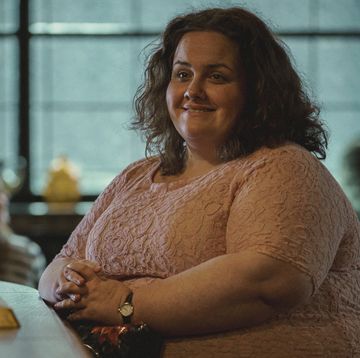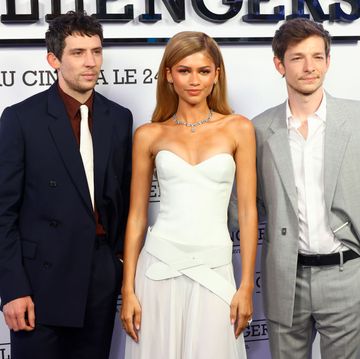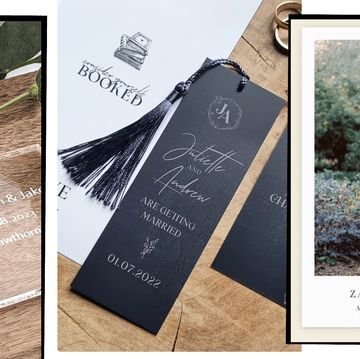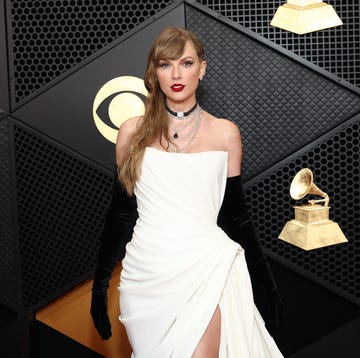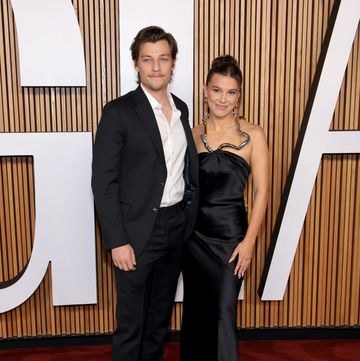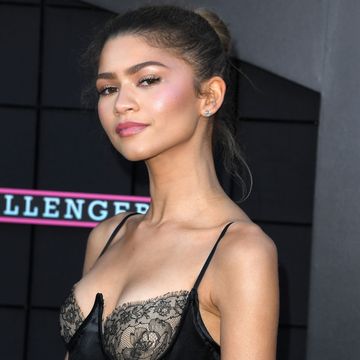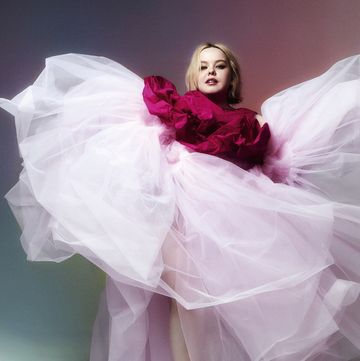Princess Leia is one of the most iconic female characters in cinematic history, one that proves women can be funny, heroic, and bossy without being a bitch.
But, let’s face it, Star Wars is not Leia’s story; it’s her twin brother Luke’s and his journey from weedy farmhand to Jedi knight. Which is why the rumour that Star Wars newcomer Daisy Ridley, who plays Rey in the upcoming Episode VII: The Force Awakens, might be following in Luke’s footsteps (in the trailers we first encounter Rey working on a desert planet alongside her droid, just like Luke), has given new hope to women across the world who want to see more female leads on screen.
The original Star Wars film, released in 1977, was a game-changer, re-defining the sci-fi genre and the scale of film in general. And while Leia (she drops the ‘Princess’ by Episode VI) may not be Star Wars’ protagonist, she is front and centre throughout the original series, standing up to Darth Vader, rescuing both Han and Luke, and influencing a generation of female-fronted films such as Alien and Terminator in the process.
Yet the abundance of female-driven sci-fi stories potentially promised by characters such as Leia, Ripley and Sarah Connor in the ‘80s and early ‘90s never really materialized. Sure, women continue to have a presence in space – from Zoe Saldana in Guardians of the Galaxy and Star Trek to Jessica Chastain in The Martian – but they are predominantly sidekicks, not leads.
This shortage of on-screen heroines has a direct impact on what happens to women behind-the-scenes, from hiring more female directors, writers and producers to inspiring female astronauts. 'I noticed that when I would go in to pitch on projects that were a little bit more popcorn or action/adventure, I got some pushback,' Guardians of the Galaxy writer Nicole Perlman – the first woman to write a Marvel movie and a long-time sci-fi fan – has told Script magazine. 'There was also a feeling of being a girl and these were ‘masculine’ projects. I was getting this undercurrent a lot.'
Despite women making up half the movie-going audience – not to mention that the current president of Lucafilm, which produces Star Wars, being female – there is an ongoing fallacy that sci-fi and women don’t mix. This, at least, is something Episode VII director J.J. Abrams seems to recognize. 'Star Wars was always a boys' thing and a movie that dads could take their sons to,' Abrams said last week on US breakfast show Good Morning America. 'And though that's still very much the case, I was really hoping this could be a movie that mothers could take their daughters to, as well.'
If, as Abrams is hinting, such a seminal franchise has finally put a female lead in the driving seat of the adventure, it will hopefully signal to money-driven Hollywood that women’s stories are not only worth being told, but they can be lucrative too.
Words by Karen Yossman

